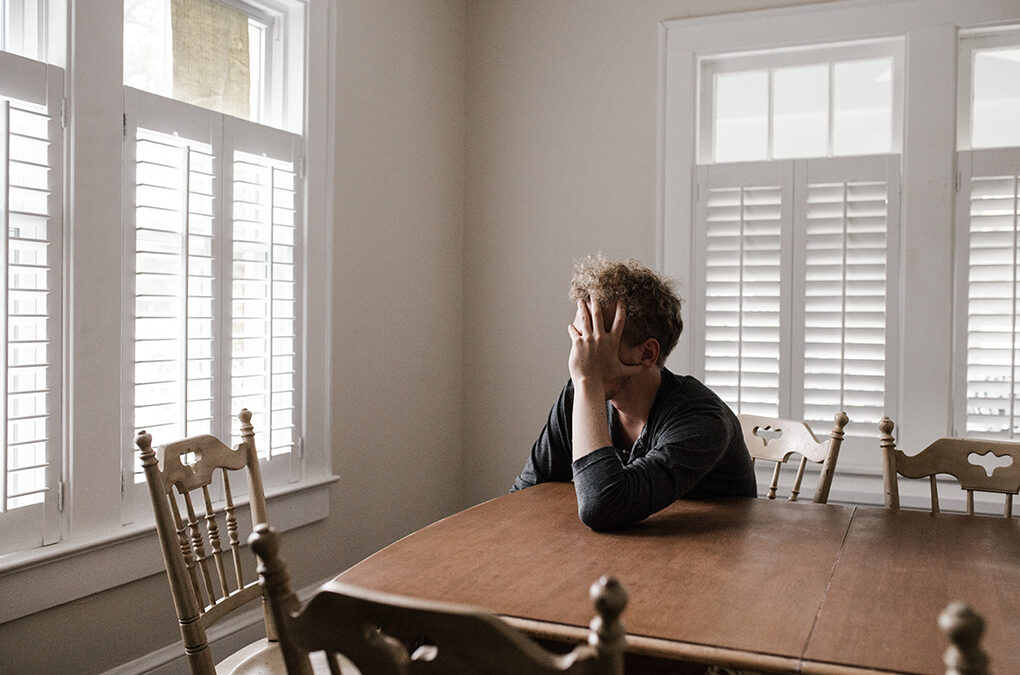In last week’s blog post I talked about the current low mood…
We’ve been dealing with the pandemic for almost a year now! Soon after that came the recession and then we’ve also had significant political dramas happening in various parts of the world!
On some level we all have been dealing with loss, uncertainty, worry, fear, isolation, lethargy, loneliness, illness and change. Not to mention the current so-called ‘January blues’ and ‘always on’ working culture.
There’s so much going on and these challenges will be affecting everyone in a way that’s uniquely personal…
But there’s also a psychological concept I want to share with you today called ‘surge capacity’, which helps to explain why we might be feeling lower and more despondent at this stage.
Surge capacity is a collection of adaptive systems – mental, emotional and physical – that humans draw on for short-term survival in acutely stressful situations, such as natural disasters. But natural disasters occur over a short period of time, even if recovery is long. Pandemics are different – the disaster itself stretches out indefinitely.
So, in the early months when we first experienced the pandemic, we would have been using our ‘surge capacity’ to get through.
But our surge capacity is eventually depleted and then it has to be renewed. Without that renewal it can feel hard to do some of the simplest of things like focussing on work, cooking, cleaning, exercising to name a few…
This is when we can feel depressed, bored, dissatisfied, despondent and weary.
It’s worth noting that, these times can also be especially hard on high achievers who are used to solving problems, getting things done and having a strong routine.
So, how do we cope and adjust to a situation that is ever-changing and indefinitely uncertain?!
Be kind to yourself
This one is probably most important of all. Go easy on yourself if you’re not doing all that you used to do, even if you feel like you ‘should’ be able to. As this situation is on-going, you’ll likely reach your surge capacity, then renew it, then reach it again. Speak to yourself as if you would to a loved one – with understanding and compassion.
Expect less of yourself
Because life is so different, it’s a given that our everyday routines will have changed massively. But don’t expect yourself to ‘get it right’ instantly! Remember that it takes time to figure out a new routine and way of living that works well … especially when things keep changing! This is a therefore a time of self-discovery and on-going reflection to find out what you need on a moment-by-moment basis.
Accept that things are different right now
Feeling angry, frustrated or annoyed at what’s happening will only add to the challenges. That’s not to say you should give up, but acceptance will actually mean you have more resilience to draw from because you’re not wasting your time, energy and headspace fighting what is.
Consider you may be grieving
The stages of grief are: denial, anger, bargaining, depression and acceptance. We are essentially grieving the way life was. Some people are in denial about what’s happening. Some are angry about what they can’t do, angry at the government or other people – those not wearing masks or angry at having to wear masks! People are bargaining around the vaccine and reasons for adhering to the restrictions. The depression is obvious … but many people are not yet at acceptance because the future is still uncertain. Therefore, refer back to the first point about being kind to yourself!
Stay connected
A key trait of resilient people is that they have a good support system and if you look to the ‘blue zones’ of the world, where the oldest and most healthy people live; good spiritual, family and social networks are always a key contributing factor.
Do little things that lift you up
Music, time in nature, cuddles with loved ones, gardening, a bunch of flowers, wearing something special like a scarf or piece of jewellery, watching a funny movie, wearing your favourite scent, exercise, eating your favourite food, catching up with your best friend, playing a game with your children, going to your local coffee shop, having a bath, eating some chocolate, a good podcast or book, doing a good deed for someone else … Use these things whenever you need a pick me up.
Prioritise your wellbeing
Lastly, this one goes without saying! Even though I’m also suggesting being kind to yourself and maybe expecting less of yourself, it’s really important to try and keep the wellbeing foundations in place – your sleep, nutrition, movement, hydration and rest … We can also add to the list everything else above including self-compassion, gratitude and connection – which all, ultimately, come back to your wellbeing.
If you’re currently feeling low and need to get your wellbeing foundations back on track or perhaps you simply want to learn how to look after yourself better, mentally, physically and emotionally – email me at: info@katehorwood.com to schedule a no obligation chat to discuss your challenges and what you want to achieve.
Kate x


